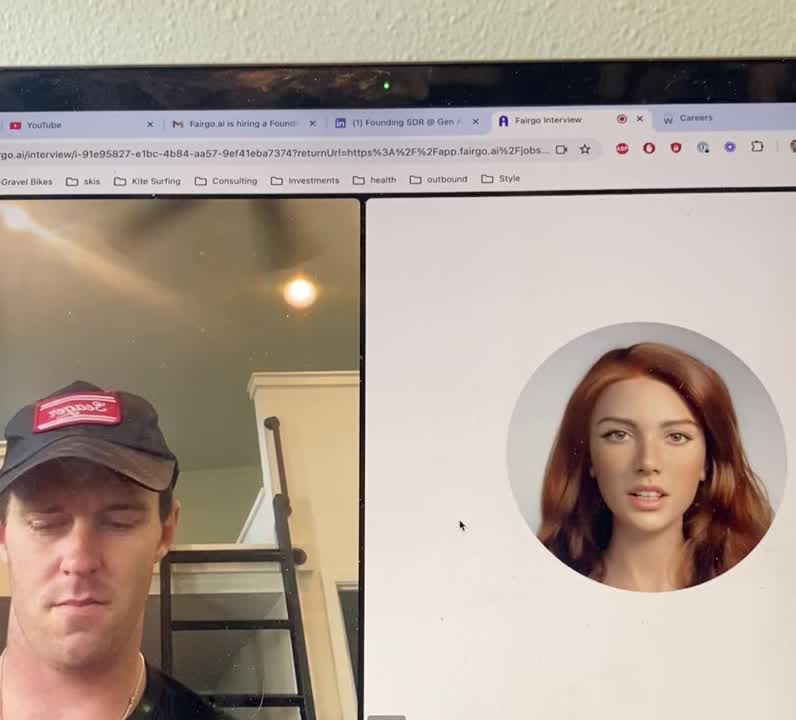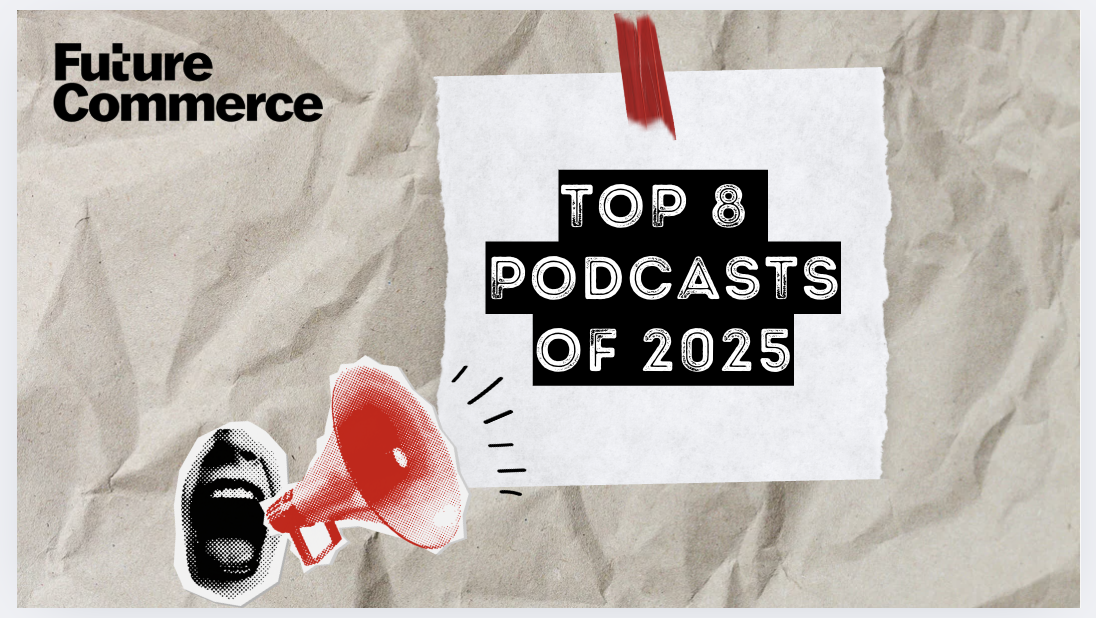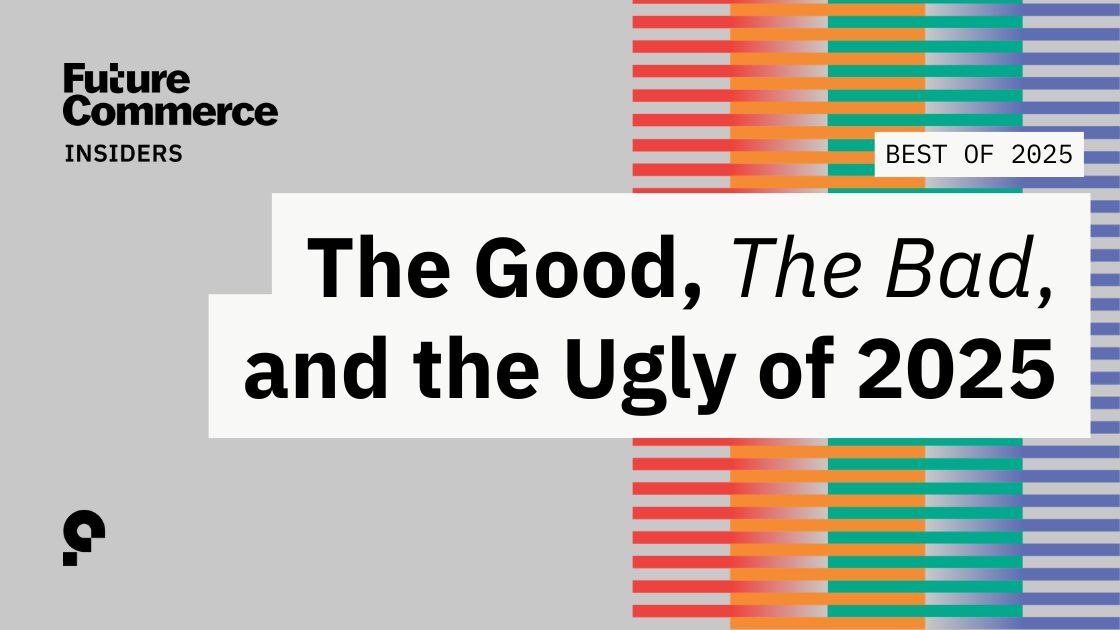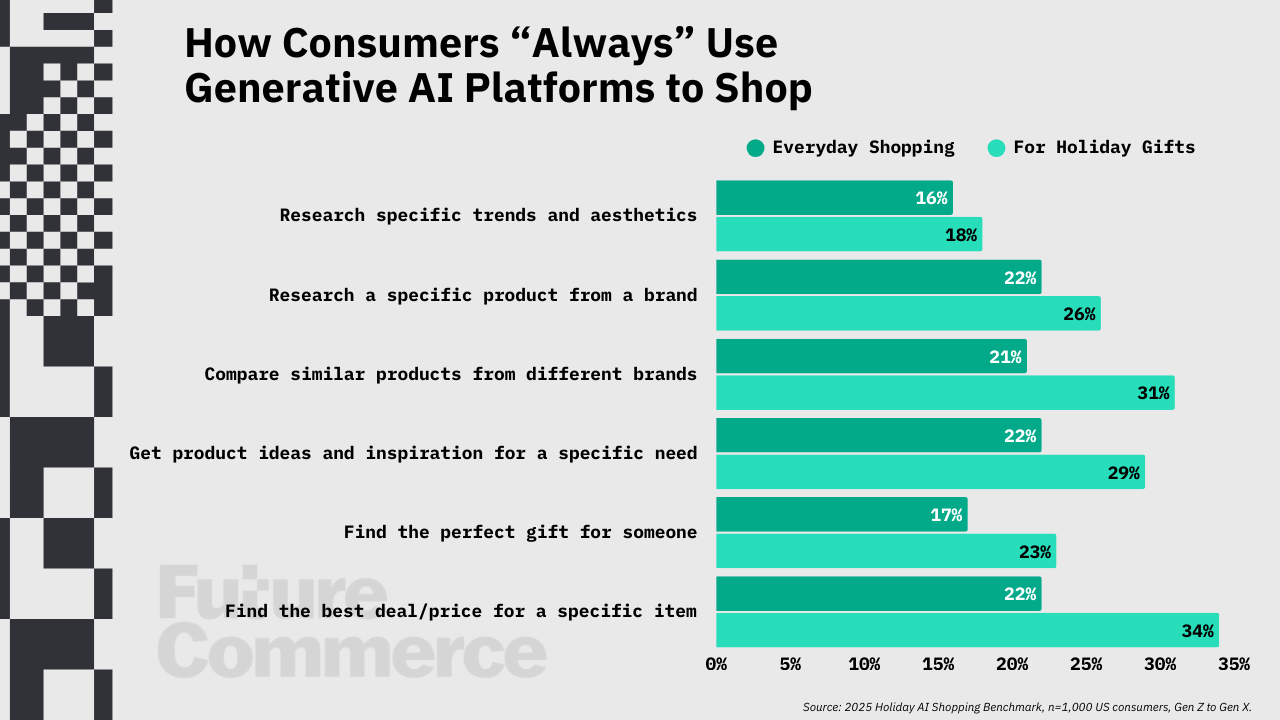
“Culture feels like a fever dream.”


VISIONS: In Conversation with Linda Ong
Linda Ong, CEO of CULTIQUE, has been steering the ship of cultural strategy since founding the consultancy in 2020 with Sarah Unger. Together, they guide media, entertainment, tech, and consumer brands through turbulent cultural shifts, turning change into opportunity.
CULTIQUE’s approach is rooted in a deep understanding of societal undercurrents, crafting strategies that help brands not just participate in but shape the cultural conversation. By uniting thought leaders, creatives, and industry disruptors, CULTIQUE ensures their clients remain at the forefront of an ever-evolving world.
We sat down with Linda ahead of her dynamic session at VISIONS Summit: Los Angeles to discuss her insights on culture’s rapid acceleration, the nuances of taste, and what the future holds for creative industries.
~~~
Phillip Jackson: We’ve heard that “culture is accelerating” — do you think this is true?
Linda Ong: When I started working in the culture space in 2008, the discipline was so embryonic that many people thought I was talking about yogurt! Today, culture is ubiquitous, and we’ve seen many examples of what happens when a brand or personality can’t read the room – the room being society at large, of course.
That said, today’s culture is indeed a faster-rushing, higher-volume firehose of millions of other fire hoses that are so overwhelming and conflicting, it’s difficult for most people and orgs to track, let alone understand, in a consistent way. Thanks to social media and digital culture at large, information travels at lighting speed at scale, and sentiments can turn on a dime. That’s why our team doesn’t focus on trends – the “what”, but instead we monitor shifts – the “why” behind change, like generational, social, economic, political, even environmental factors that are evolving sensibilities and how they show up in the world.
PJ: What’s in your notebook—what’s itching your brain right now? Is that different than what’s in your algorithm?
LO: Having spent over 30 years in the entertainment business, and living the last 9 years in LA, what’s itching my brain is how the industry will move from a mindset of collapse to one of new construction. Remember how the 1918 Spanish flu was followed by a decade of creative explosion: art deco, surrealism, the Jazz Age, Hemingway, Fitzgerald, flappers, etc.? What new artistic and aesthetic movements emerge and survive for the next 10 years? With YouTube now as the leading platform for video viewing, the studio system and the ad-supported media are in existential crisis. What new ideas will rise from the ashes?
In terms of what I can’t escape, my Instagram feed has become untenable, filled with posts from D2C brands that I don’t follow or feel tempted to. Scrolling to find my actual friends and followers is becoming more work than it’s worth, and so for the past year I’ve pulled back on my own activity. That said, it’s interesting to see platforms like LinkedIn serve lifestyle needs, like daters using it to connect with others in a nontraditional forum.
PJ: Much has been made of having “good taste.” Do you think that digital media can help or hurt a consumer in cultivating taste? Do you think commerce plays a role in helping consumers cultivate taste? Why or why not?
LO: Building on my comment about my frustration with my IG feed, digital media is currently hurting my ability to lean into my taste. That could be because my phone overhears me talking about everything I’m working on, regardless of what my actual taste is (for example, horror films, which I don’t personally consume, but am currently analyzing for a client). Because of this, I’ve never liked recommendation engines, which tend to be quite literal. But taste, especially good taste, is about nuance, and often about making counterintuitive choices.
Commerce, along with context, definitely feeds the formation of choice. But as so much of curation and taste is built from instinct, I think the human input is invaluable.
PJ: The Summit series is called “VISIONS.” This is intentional for me. But — what does that mean to you? Is there a difference between visions, dreams… and revelations? Are these individual or collective pursuits?
LO: These days, culture feels like a fever dream – throwing so many exciting and often surreal ideas at us from every angle, and making my dreams feel more rational by comparison.
To me, vision is about a person’s foresight or ability to picture a future in which they’d inhabit. All my life, I’ve been fortunate to have been blessed with a long horizon line – meaning, I thrive on thinking about what’s next, versus fixating on what’s happening at this minute. That’s why I say in our work, we “see around corners.” We’re not predicting what’s coming, we’re just more sensitive to detecting emergent changes because our eyes are trained to see further ahead than most.
Revelations to me are epiphanies – usually “aha” moments where we uncover a hidden connection in culture. My proudest moments are when we share our findings with our clients and they say, “That makes so much sense, but we never would have thought of that.” When you look beyond the surface – trends, memes, and other symptoms of change—to see what’s really going on, you discover all the unseen links that form the marvelous, complex, and contradictory ecosystem of culture.
Brands can be leaders by elevating, owning, and claiming those links before they go mainstream.
PJ: Tell us what you hope to get from VISIONS Summit: Los Angeles.
LO: I hope it will widen my aperture of the world we will become.
——
🎟️Don’t miss the chance to see Linda Ong live: register now for the VISIONS Summit and be part of the conversation shaping the future of culture and commerce.


Pitney Bowes Liquidates Global Commerce. Pitney Bowes is laying off 1,200 employees as part of the liquidation of its former Global eCommerce segment. This move follows the company's decision to sell off the struggling unit after a comprehensive board review. The layoffs mark a significant step in Pitney Bowes’ strategic shift away from eCommerce, highlighting myriad challenges legacy shipping and mailing companies face in the post-pandemic eCommerce consolidation.
Forecast: Palm Beach Luxury Boom. The migratory trend continues as Palm Beach real estate agents predict a busy luxury market as the “high season” approaches for the market. The population of Palm Beach doubles in the winter months. The forecast closely follows interest rates and the presidential election, both major factors influencing the luxury market behavior.


The Future of Software Buying. Buying software isn’t as easy for most of the retail and eCom ecosystem; you can’t “one-click install” your ERP or PIM from an app store. The larger integrated platforms—especially those most important PIM and CRM systems—require a network of integrators, agencies, and software vendors vying for your business.
This week on the podcast we get into the nitty-gritty about the hidden biases inherent in the ecosystem. Listen on Apple and Spotify, or wherever podcasts are found.


Tupperware’s Lid Closes. Tupperware files for bankruptcy, marking the end of an era for the iconic brand that once dominated American kitchens and social gatherings. The brand’s equity was slowly burped over twenty years as disposable competitors like Ziplock and food delivery apps slowly changed the buying patterns of aging millennial consumers.


“What’s Your Biggest Weakness? Being Human?” The use and presence of AI avatars in the hiring process seems to be a new concern among those applying for work. According to Jack Ryan on LinkedIn, AI agents are now used as part of the interview process. Candidates feel a mix of “impressed, weirded out, and terrified,” which stokes some worry about replacing human interaction during the hiring process.











.svg)
